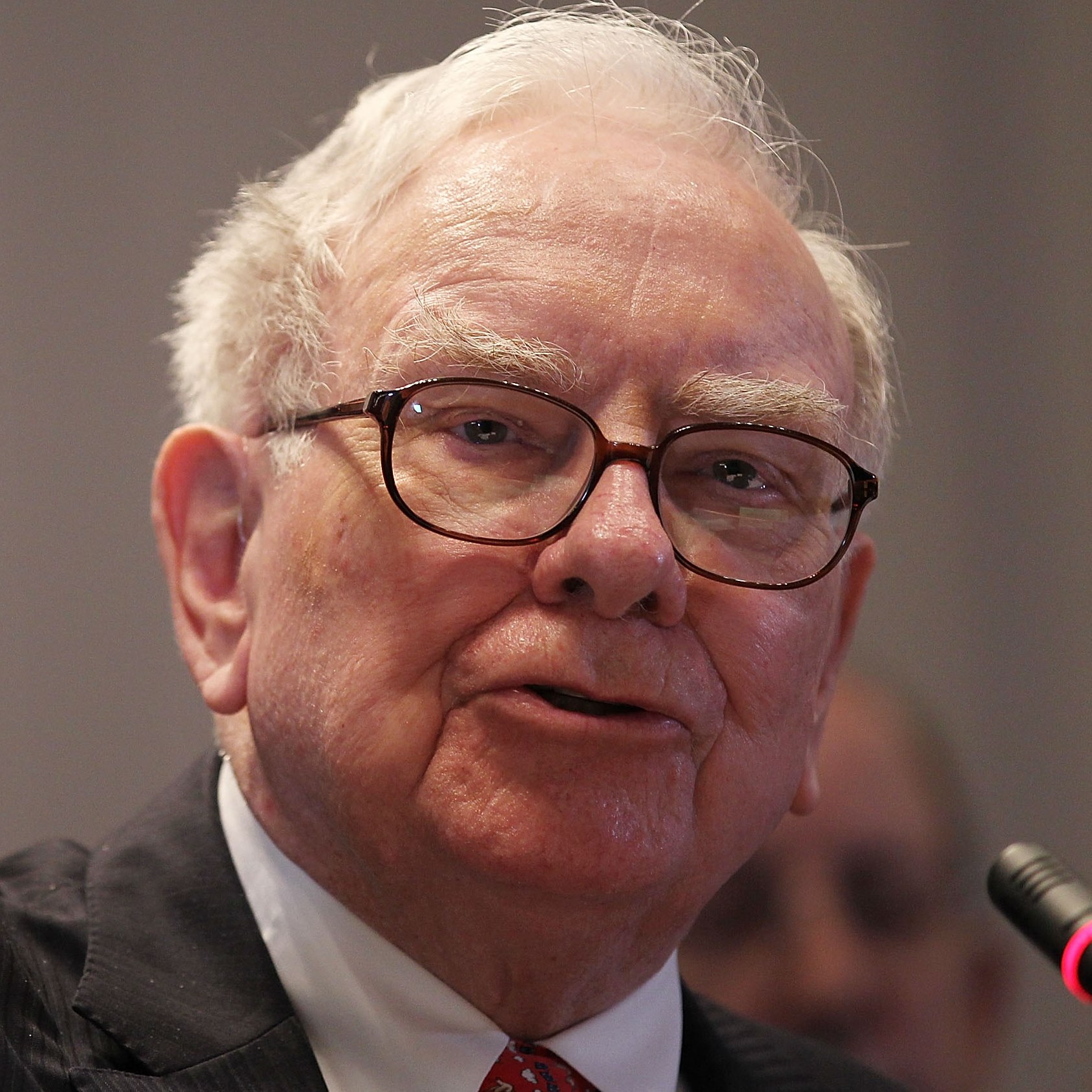Health and Healthcare
How a Key Health Care Merger May Play a Role in Warren Buffett's Investing

Published:
Last Updated:

There has been a stealthy, big merger in health care that has now been announced, and despite the consolidation it seems to be too small for regulators to challenge. This is also a move that probably will further the argument about the consolidation taking place in health care at the current time.
DaVita Inc. (NYSE: DVA) is selling its DaVita Medical Group, a leading independent medical group, to UnitedHealth Group Inc. (NYSE: UNH). The price tag is for $4.9 billion.
While this is an interesting move by DaVita, it might change how many investors view the company. DaVita has long been considered a takeover target, with a twist involving Warren Buffett.
As far as what this gives UnitedHealth, it is not yet a nationwide footprint expansion. DaVita Medical Group owns medical groups in California, Colorado, Florida, Nevada, New Mexico and Washington. This is set to expand the market reach of Optum’s strategic care delivery portfolio, which now includes Surgical Care Affiliates, MedExpress and HouseCalls. DaVita Medical Group also operates 35 urgent-care centers and six outpatient surgery centers.
And for the existing reach, DaVita Medical Group was said to currently serve approximately 1.7 million patients per year via almost 300 medical clinics featuring primary and specialist care.
As part of the all-cash deal, UnitedHealth’s Optum health services unit will roll up its operations. DaVita Medical Group will join in with Optum’s physician-led primary, specialty, in-home, urgent-care and surgery-care delivery services business. This is another effort that is aimed at improving care and targeting costs, issues that are frequently brought up in health care debates. The release said:
The combination will improve care quality, cost and patient satisfaction through integrated ambulatory care delivery systems enabled by information technology and supportive clinical services. Optum’s data, analytics, technologies and clinical expertise will help DaVita Medical Group physicians deliver even higher quality care more effectively to the patients they serve. … Patients will further benefit from the sharing of best practices across both organizations.
As far as what this means for DaVita shareholders, we cannot ignore that DaVita has been considered a potential takeover target for years. And some investors may wonder what this means for the leader in kidney dialysis. Berkshire Hathaway Inc. (NYSE: BRK-A) was last shown to be an owner of more than 38.5 million shares of DaVita, which is right at 21% of the entire company — roughly the same stake as the next top five shareholders combined. As of the current price, this stake is valued at about $2.6 billion, when the full Buffett stock holdings were roughly $157 billion.
It seems unlikely that Berkshire Hathaway would have been against this deal. Berkshire Hathaway had previously entered into an agreement with DaVita after its investment crossed the passive threshold measured by the SEC. Still, this transaction might make investors wonder how Berkshire Hathaway will view the future of DaVita. This was not a stake taken directly by Buffett himself, but rather purchased by portfolio manager Ted Weschler.
As of September 30, 2017, DaVita has about $1.6 billion in cash, when you include short-term and long-term securities. As far as the $4.9 billion coming its way, DaVita signaled that it will use the proceeds from the transaction for significant stock repurchases over a period of one to two years after the deal is completed. DaVita also will pay down debt and use funds for general corporate purposes. That debt pay-down usage is significant because of DaVita’s total $13.2 billion in liabilities, with some $8.9 billion of that as long-term debt.
As far as what the future DaVita will look like, it will continue in population health management. Its focus will continue in its U.S. and international kidney care businesses, but DaVita said that it also expects to pursue other investments in health care services outside of kidney care. That means a potential model change for how analysts will value DaVita in the future. Does that affect how DaVita will be viewed by Berkshire Hathaway?
Prior to the unit sale, DaVita’s market cap was roughly $11.2 billion. Its shares then rose about 10% to $66.91 on Wednesday, in a 52-week range of $52.51 to $70.16. The consensus analyst target price for DaVita was $61.15 ahead of this transaction.
As far as UnitedHealth is concerned, it is a Dow stock and is the largest health insurance company in America. With shares at $220.60, its market cap is almost $214 billion. UnitedHealth has a 52-week trading range of $156.09 to $231.77 and a consensus target price of $240.33.
Credit card companies are at war. The biggest issuers are handing out free rewards and benefits to win the best customers.
It’s possible to find cards paying unlimited 1.5%, 2%, and even more today. That’s free money for qualified borrowers, and the type of thing that would be crazy to pass up. Those rewards can add up to thousands of dollars every year in free money, and include other benefits as well.
We’ve assembled some of the best credit cards for users today. Don’t miss these offers because they won’t be this good forever.
Flywheel Publishing has partnered with CardRatings for our coverage of credit card products. Flywheel Publishing and CardRatings may receive a commission from card issuers.
Thank you for reading! Have some feedback for us?
Contact the 24/7 Wall St. editorial team.